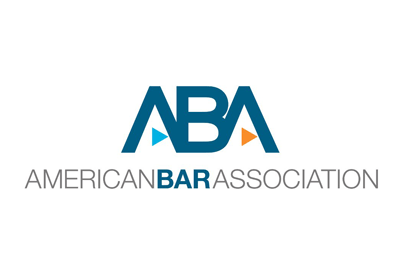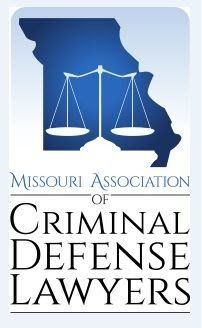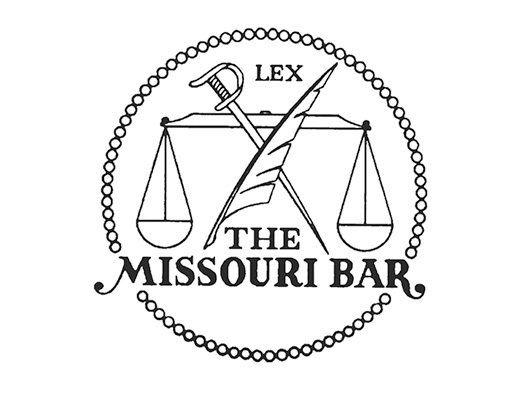WORKERS COMPENSATION ATTORNEY
Jefferson County, MO Work Comp Attorney
Injured on the job? We are here to help!
If you have been injured at work you are probably entitled to claim workers’ compensation benefits, even in the absence of your employer’s fault or negligence. Any injury that occurs in the course of your employment job is likely covered by your employer’s workers’ compensation insurance. The problem is that most injured workers don’t know their rights. You or your loved ones may be entitled to “damages,” including payment of medical bills, reimbursement of lost wages, and compensation for pain and suffering as a result of an accident.
We can help. No matter what type of injury you have suffered, you should contact an attorney who can work to ensure that your rights are protected., so there is no risk. In addition, our fees are paid from any benefits we help you obtain so you will not have to pay anything out of pocket You have nothing to lose, and everything to gain. Please contact the Lednick Law Firm at 636-638-2150
for a free consultation.
Workers Compensation FAQs
Can't Find the Answers?
Fill all information details to consult with our best Attorneys advices.



